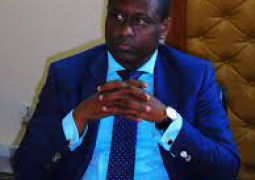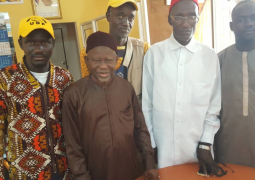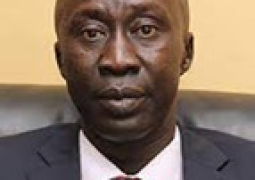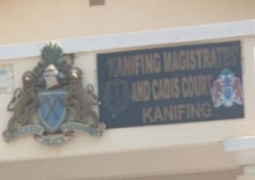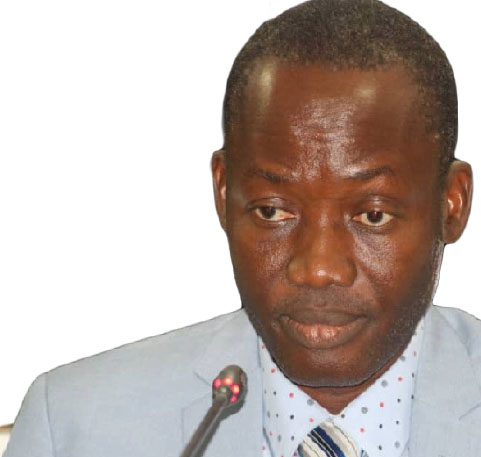
The UDP filed a Motion Ex-Parte before the Supreme Court of The Gambia seeking for review of the court’s ruling of 28th December 2021.
It could be recalled that the Supreme Court of The Gambia on Tuesday 28 December 2021 struck out the electoral petition filed by the UDP on the grounds that the petition contravenes Rule 11 of Election Petition rules. UDP was therefore ordered to pay a cost of D100,000 to the first respondent. Meanwhile, the UDP on January 10th 2022, filed a motion to seek leave of the Supreme Court to make an application for review of ruling.
The UDP was challenging the just concluded December 4th presidential election results and seeking the Supreme Court to annual the results that President Elect-Adama Barrow won 53% of the votes.
The Supreme Court of The Gambia, presided over by Chief Justice Hassan B. Jallow and four other Supreme Court justices yesterday adjourned the case of the motion Ex-Parte for ruling.
Lawyer Borry Touray in tabling his application submitted that: “It occasioned a miscarriage of justice on their side because the court fails to avert its mind to the provision of Section 98 Sub-section 3 of the election act.”
Lawyer Borry Touray Submitted that Rule 11 is a subsidiary legislature whereas Section 98 is a provision of the Parent Act. He further submitted that where there exists a conflict between a subsidiary legislature and the Parent Act, in law, the Parent Act takes precedence, meaning the court should not have relied On Rule 11 to dismiss the case because it is a subsidiary legislature. Also, Section 98 has been complied with.
Borry Touray further submitted that Section 98 of the Election Act is the only provision in the entire Act which deals with security. He further claimed that the election petition rules are subsidiary legislature. In the Act, there is no requirement for service of the notice of petition and security. All that is required of the petitioner (UDP) has been complied, he stated.
“The court has failed to consider Section 98 of the Parent Act (Elections Act) and went ahead to deliver a ruling based on a subsidiary legislature.”
He therefore pleaded with the court to allow the petitioner (UDP) to file a formal application for the ruling to be reviewed. He claimed that the ruling on the 28th of December in which the petition was struck out is miscarriage of justice. He argued that the respondent (Adama Barrow) didn’t ask for the case to be struck out, and yet the Honourable Court went ahead and struck out the case.
He submitted that the striking out of the case was anchored on a relief that was not sought by the respondent (Adama Barrow). Therefore, the respondent got a relief that he never asked for, while further claiming: “This Honourable Court ought not to have made such a decision.”
The petitioner’s lead counsel further submitted that the court failed to give them the chance to address it on that issue (rule 11).
“In the interest of Justice the Honourable Court should give them the opportunity to file their review.”
Read Other Articles In Headlines
